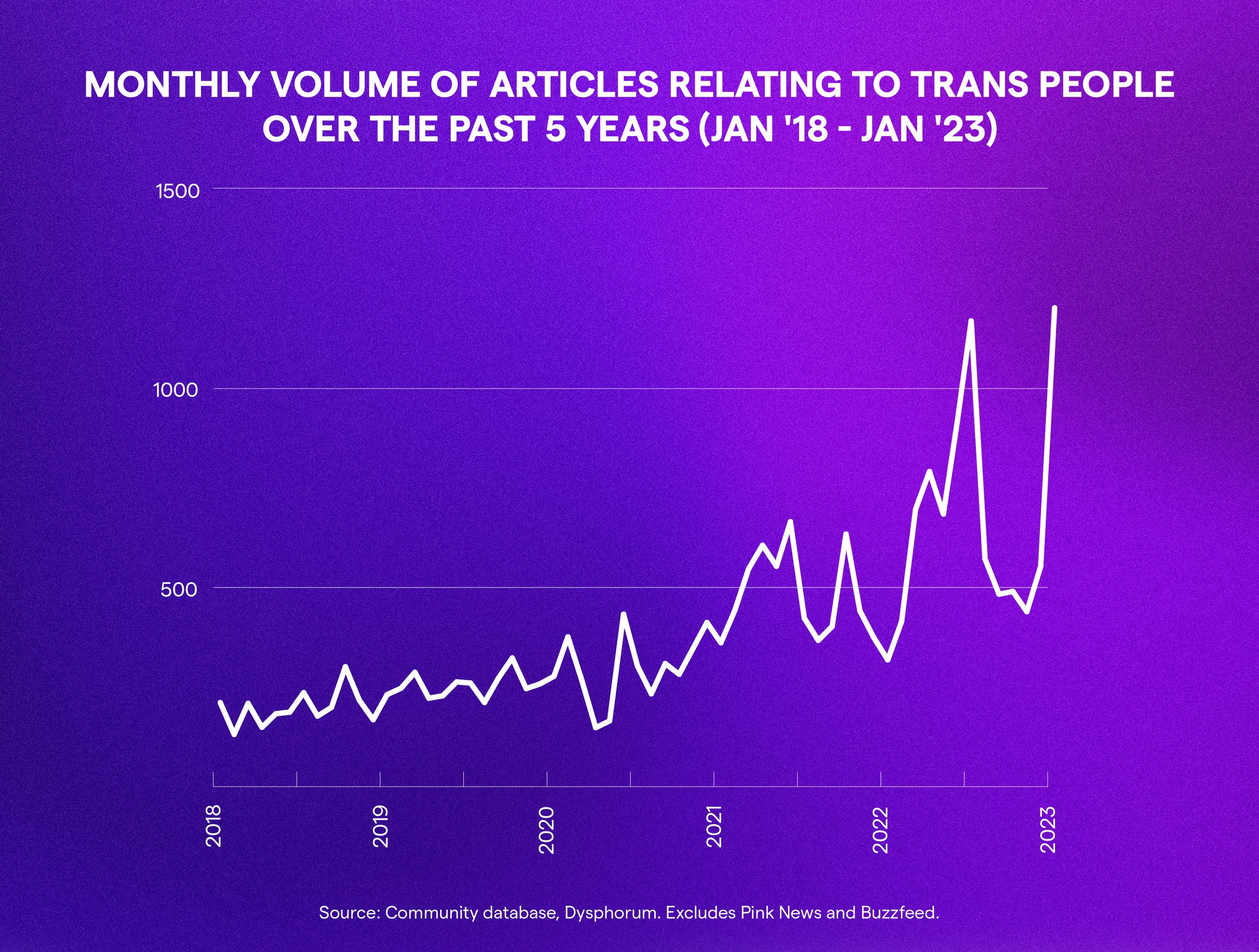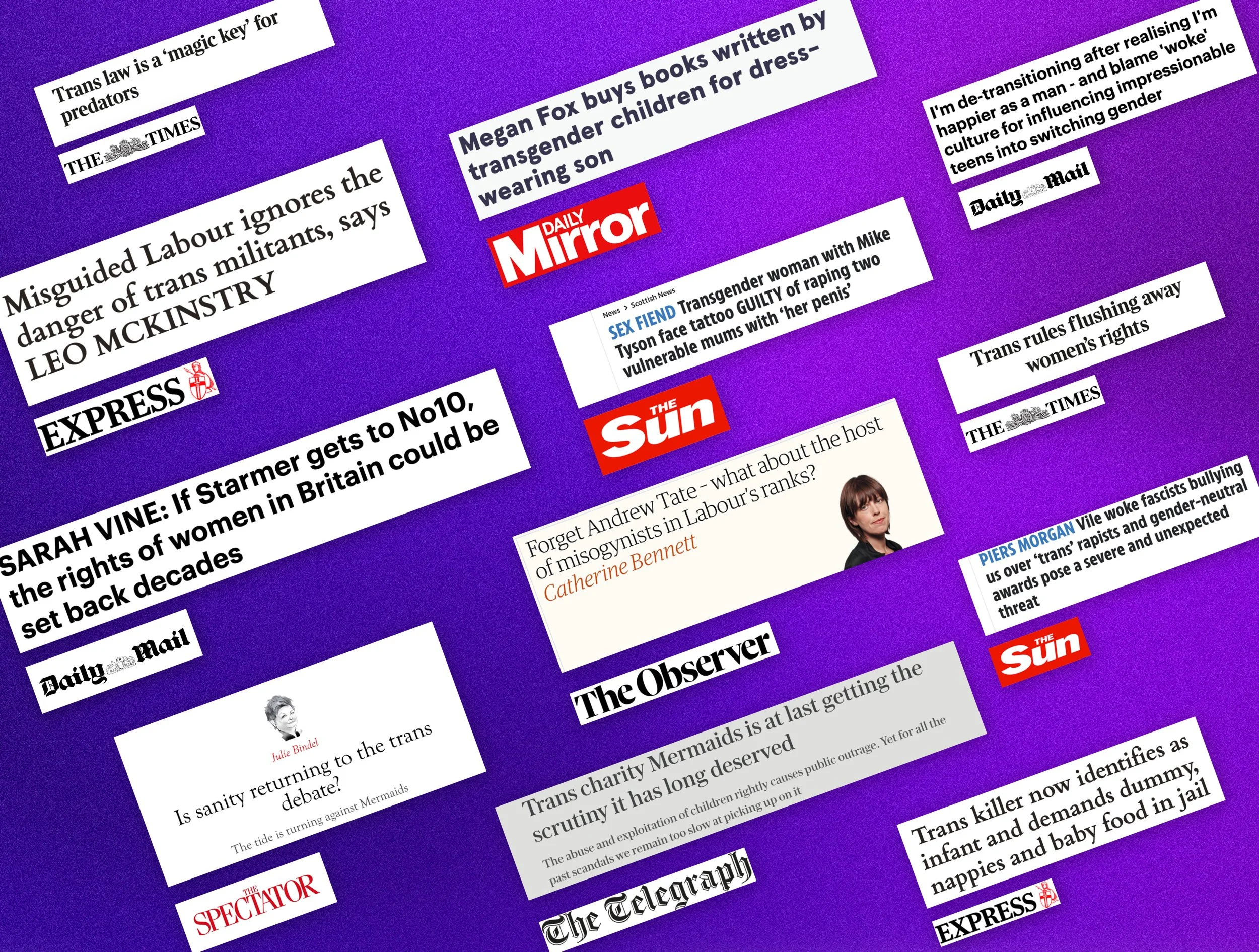Pink News’ Amelia Hansford approached Outvertising for comment on the Dylan Mulvaney and Budlight Story. You can read the full article here. Below is our full response.
LGBTQIA+ representation in advertising isn’t new. Ikea was advertising furniture in the states in 1994 with a gay male couple. Something we regularly cover in our most popular talk, ‘Outvertising presents: A Very Brief History of LGBTQIA+ Advertising.’ You see LGBTQIA+ talent in ads of all kinds and for all sorts of products and services because it has been proven that adverts that include our community outperform adverts that don’t. And they do so in ways brands care about; things like brand recall, affinity and purchase intent. Looking at the US market in particular, a GLAAD study recently identified that if a brand publicly supports and demonstrates a commitment to expanding and protecting LGBTQ+ rights, Americans are 2x more likely to buy that brand. Of course you’re going to see businesses adopt practices that help them perform commercially.
The great thing is, our queer community also benefits. Our lives and experiences can be ‘usualised’ in the most ubiquitous of all media, advertising. This leads to greater acceptance and understanding for our community and ultimately queer liberation and social equity for all.
It is important for businesses, their brands, and their marketing teams to recognise that authentic and meaningful community support is the expectation. WPP’s Beyond The Rainbow report, published last year, found that 3 out of 4 LGBTQ+ people and half of non-LGBTQ+ people think brands should do more to support the community outside of Pride Month. What this means in practice is that businesses must be driving forward inclusion in their delivery of products and services (things like changing room policies) and their work environments (things like encouraging pronoun sharing). And it means identifying meaningful ways where your business can support the queer charity sector. Again these are all things our volunteer organisation, Outvertising, regularly advocate for when we speak with businesses.
We are currently experiencing a period of intensified trans moral panic, certainly in both the UK and the US. In this climate it’s even more important for LGBTQIA+ talent to be properly safeguarded - this must be a key consideration for brands as they plan campaigns with LGBTQIA+ talent - something we advocate for in our work. As the conversation surrounding influencer and content creator Dylan Mulvaney’s sponsored posts for both Nike and Bud Light show, trans people, particularly ones in the spotlight, are facing an inordinate amount of abuse online and unfortunately from commentators, some platformed by mainstream media outlets. Abuse like that, particularly at this scale, will undoubtedly be having a detrimental impact.
- comment from Joint CEO of Outvertising, Marty Davies (they/them)
“One thing we don’t talk about enough is the impact of LGBTQIA+ representation for the queer people working on those marketing campaigns. As affirming as it feels to see positive representation in your own work, I’ve also unfortunately had the experience of successfully selling trans talent to big brands, who were then unable to stand by that talent when the inevitable wave of transphobic toxicity swamped them online.
It’s one thing watching prejudiced consumers lash out at brands for showing allyship to trans creators. And don’t get me wrong - it hurts to watch. But it’s quite another working behind the scenes to push for positive queer representation, getting it out into the world, and then finding out too late that your client brand was ill-equipped or not well informed enough to support our community when it counts.”
- comment from Joint Founder of Trans+ Adland & Outvertising Co-Director, Jax Kenrick (they/them)







